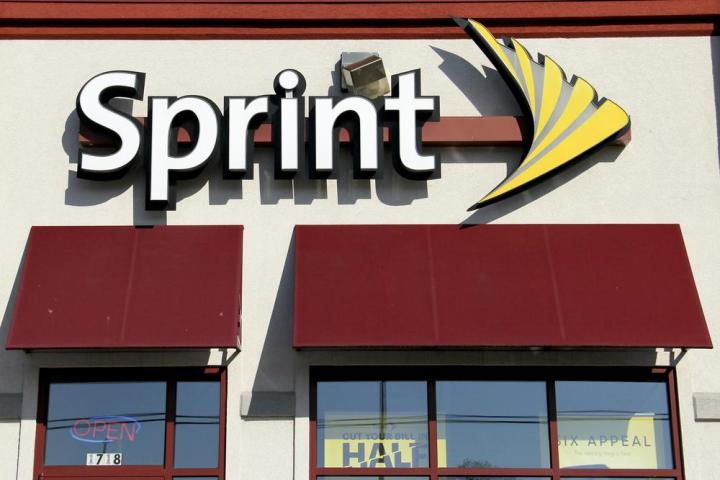
Sprint’s promotional Open World data benefit, which launched Friday, extends the carrier’s high-speed data coverage to a wider slice of the Western and Northern hemispheres. Unlimited Freedom subscribers get free, high-speed LTE data in 25 locations across the Caribbean, and all that’s required is an LTE/GSM-capable device — starting Friday, eligible customers will be automatically upgraded.
The list of locations includes:
- Anguilla
- Antigua and Barbuda
- Aruba
- Bahamas
- Barbados
- Bermuda
- Bonaire
- British Virgin Islands
- Cayman Islands
- Curacao
- Dominican Republic
- Grenada
- Guadeloupe
- Haiti
- Jamaica
- Marie-Galante
- Martinique
- Montserrat
- St Barthelemy
- St Martin
- St. Kitts and Nevis
- St. Lucia
- St. Vincent and Grenadines
- Trinidad and Tobago
- Turks and Caicos
The only downside? It’s temporary — the Open World promotion runs through March 31, at which point Unlimited Freedom subscribers will see their plans reverted to Sprint’s old international roaming terms.
But the carrier is launching a giveaway to ease the pain. Through December 23, customers can enter for a chance to win prizes by following Sprint’s Twitter accounts, @Sprint or @SprintLatino, and tweeting a picture of their favorite holiday tradition with the hashtag #SprintSnowSweepstakes. Winners will be awarded one of 20 HTC Bolt smartphones and one lucky customer will get $5,000 in Amazon.com gift cards, an Amazon Echo, a one-year membership to Amazon Prime and Amazon Music Unlimited, and an HTC Bolt.
“It’s the season of giving and Sprint wants to show its customers how much we value and appreciate them every day by rewarding them with something extra special this holiday season,” Sprint Senior Vice President of Base Management Jim Curran said in a statement. “Customers are encouraged to enter often for the best chance to win the HTC Bolt, a high-definition smartphone designed to unleash the power of our spectrum on the Sprint LTE Plus Network, or an amazing prize pack complete with Amazon.com gift cards, an Amazon Prime membership, and hardware.”
Sprint’s Unlimited Freedom plan starts at $60 a month for unlimited talk, text, and data. Customers can watch standard-definition video (480p) at no extra charge, and pony up a bit more for 4G LTE tethering and faster streaming.
Sprint has made a concerted effort to improve offerings over the past several months. In July, it offered customers who added an Amazon Prime subscription to their monthly bills two months of free service. In November, it began letting Napster subscribers pay for plans through their Sprint bill. More recently, it partnered with Pokémon Go developer Niantic to roll out branded charging stations across all 10,500 of its retail locations in the U.S.
The embattled carrier’s struggled to regain a foothold in the U.S. market in light of increasing competition. Sprint, which Japan-based tech holdings company Softbank acquired in 2012, hasn’t posted an annual profit since 2006 and announced in 2015 that it would lay off thousands of employees and cut between $2 billion and $2.5 billion in costs. But things are looking up. In the second quarter, Sprint added 173,000 postpaid customers — its fourth consecutive quarter of growth — and saw churn (the rate at which people move to Sprint and then switch to a different carrier) drop to 1.39 percent, the lowest in the company’s history.

